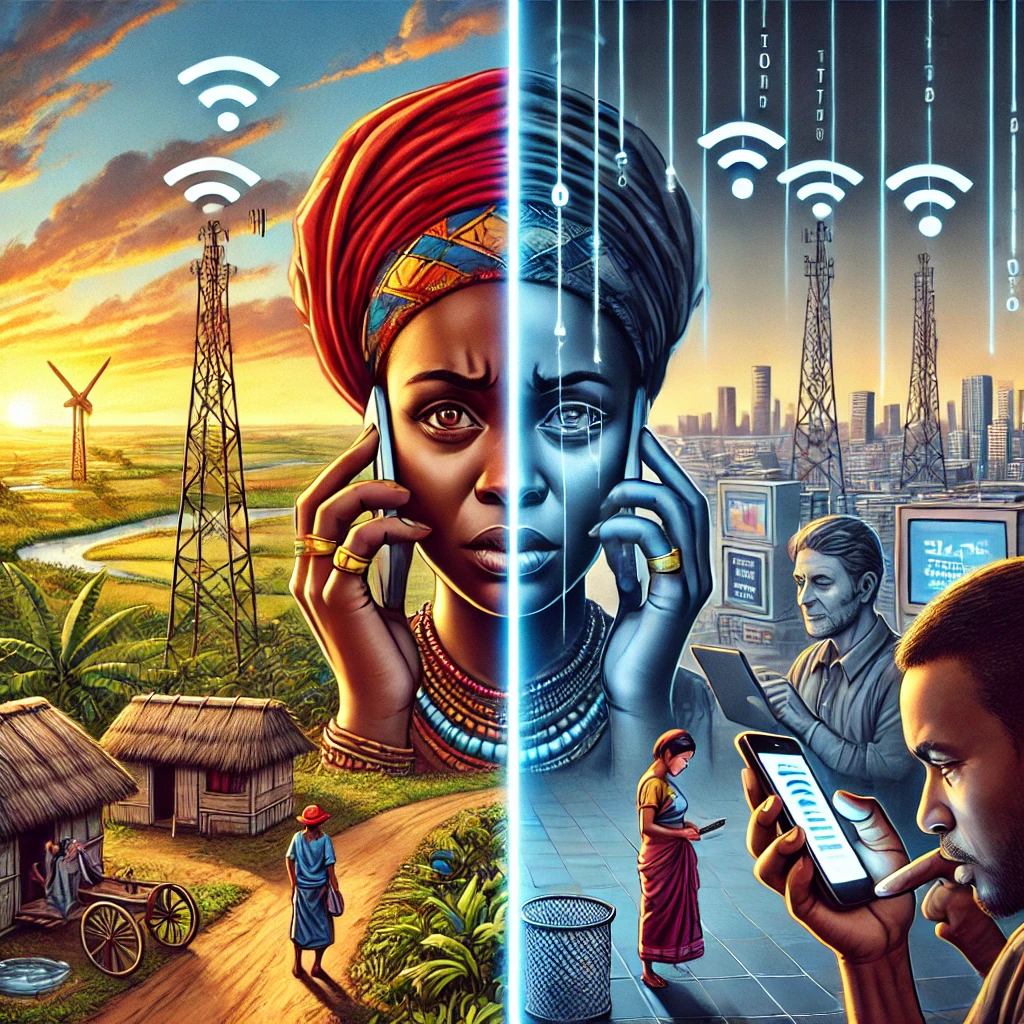The widening Digital Gender Gap: Why women are still falling behind online
While high-income countries have largely closed the gender gap in internet use and mobile ownership, many LMICs continue to struggle with unequal digital access. The research highlights that Sub-Saharan Africa and South Asia have the largest gender gaps, with women in these regions far less likely to own a mobile phone or access the internet compared to men.

As the world is gearing up to move into a more connected future, women in many parts of the world remain significantly behind men in digital access, according to new research by Oxford University’s Department of Sociology and the Leverhulme Centre for Demographic Science.
The study reveals that in low- and middle-income countries (LMICs), women are 22% less likely to use the internet and 14% less likely to own a mobile phone. The findings are part of the Digital Gender Gaps project, which has launched an interactive dashboard to track and analyze these disparities at a national and regional level.
Tracking gender inequality in digital access
While high-income countries have largely closed the gender gap in internet use and mobile ownership, many LMICs continue to struggle with unequal digital access. The research highlights that Sub-Saharan Africa and South Asia have the largest gender gaps, with women in these regions far less likely to own a mobile phone or access the internet compared to men.
For example, in Nigeria, internet use among women varies drastically depending on location. In the capital, Lagos, over 70% of women use the internet, but in northern areas like Kebbi, the figure drops below 20%. A similar pattern is seen in India, where over 75% of women in New Delhi use the internet, compared to just 35% in Bihar.
To provide a clearer picture of these disparities, Oxford researchers have used machine learning algorithms to generate the first-ever database of digital access by gender across 117 LMICs at the subnational level. This tool will help policymakers, organizations, and researchers identify where digital inequalities are most severe and develop targeted interventions.
Why closing the digital gender gap matters
The research underscores that digital access is not just about convenience - it is about empowerment. Women who own mobile phones and use the internet gain greater control over their health, finances, and household decision-making.
Key benefits of digital access for women include:
- Improved healthcare – Mobile apps can provide vital information on sexual and reproductive health.
- Economic opportunities – Online platforms allow women to work remotely, network professionally, and access financial services.
- Social connectivity – The internet helps women stay connected, strengthening community ties and information exchange.
Studies have also shown that mobile phones can help alleviate poverty by providing access to banking, business opportunities, and job listings. Yet, millions of women are still missing out due to cost barriers, cultural norms, and limited infrastructure.
Bridging the digital gender gap in hyperconnected world
As artificial intelligence and digital technologies continue to evolve, ensuring women have equal access is more critical than ever. The Oxford study highlights that without deliberate efforts to close the digital gender gap, women risk being left behind in a world increasingly dependent on online services, education, and economic opportunities.
Governments, tech companies, and policymakers must take action to:
- Expand affordable mobile and internet access in underserved regions
- Promote digital literacy programs targeting women
- Address cultural barriers preventing women from accessing technology
- Develop policies ensuring equal digital participation
The Digital Gender Gaps dashboard provides real-time data and monthly updates, making it an invaluable tool for tracking progress and guiding policy decisions.
By ensuring women are full participants in the digital revolution, societies can unlock greater economic growth, social inclusion, and gender equality - benefiting everyone.
- FIRST PUBLISHED IN:
- Devdiscourse










